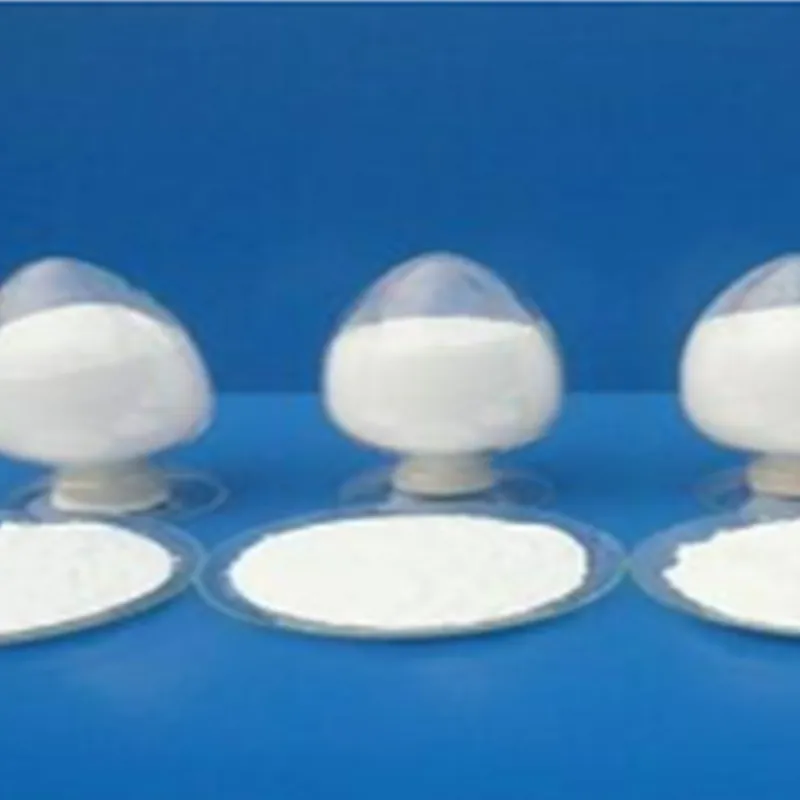
nitrogen fertilizer
The Importance of Nitrogen Fertilizers in Agriculture
Nitrogen is one of the most crucial elements for plant growth and plays a vital role in the agricultural sector. It is a primary component of amino acids, proteins, and nucleic acids, which are essential for the growth and development of crops. Nitrogen fertilizers, which contain varying percentages of nitrogen, are widely used to enhance soil fertility, improve crop yields, and ensure food security. This article explores the significance of nitrogen fertilizers in agriculture, their types, benefits, and potential environmental impacts.
Understanding Nitrogen Fertilizers
Nitrogen fertilizers are classified into two main categories synthetic (chemical) fertilizers and organic fertilizers. Synthetic nitrogen fertilizers, such as urea, ammonium nitrate, and calcium ammonium nitrate, are manufactured through industrial processes. These fertilizers contain a high percentage of nitrogen and are designed for quick absorption by plants.
On the other hand, organic nitrogen fertilizers include manure, compost, and other natural materials that release nitrogen more slowly over time. While they may have a lower nitrogen concentration compared to synthetic options, they also improve soil structure and overall soil health.
Benefits of Nitrogen Fertilizers
1. Increased Crop Yields The primary benefit of nitrogen fertilizers is their ability to significantly boost crop production. Nitrogen is essential for photosynthesis and the production of chlorophyll, which allows plants to convert sunlight into energy. When nitrogen is available in sufficient quantities, crops can grow faster and produce higher yields.
2. Enhanced Quality In addition to increasing quantity, nitrogen fertilizers can also improve the quality of crops. Adequate nitrogen levels result in healthier plants with better color, texture, and nutritional value. For instance, nitrogen-rich fertilizers can enhance the protein content of cereal grains, making them more nutritious.
3. Economic Viability Higher crop yields translate to better profits for farmers. By using nitrogen fertilizers judiciously, farmers can optimize their input costs and maximize their economic returns, ultimately contributing to food security at a larger scale.
4. Adaptability Nitrogen fertilizers can be applied in various forms and methods, making it easier for farmers to integrate them into their existing agricultural practices. Whether through granular applications, liquid solutions, or foliar sprays, nitrogen can be tailored to meet specific crop needs.
nitrogen fertilizer

Environmental Considerations
While the advantages of nitrogen fertilizers are numerous, their excessive use can lead to environmental issues. One major concern is water pollution; when nitrogen fertilizers leach into waterways, they can cause eutrophication, leading to harmful algal blooms, oxygen depletion, and the destruction of aquatic ecosystems. This phenomenon impacts not only marine life but also human health and recreational activities.
Additionally, the over-application of nitrogen fertilizers can lead to soil degradation. It can disrupt the natural nitrogen cycle, resulting in imbalances that may harm soil microbiomes and biodiversity. Consequently, sustainable practices in the use of nitrogen fertilizers are essential to mitigate these negative effects.
Best Practices for Use
To optimize the benefits of nitrogen fertilizers while minimizing environmental impacts, farmers should adopt best management practices, including
- Soil Testing Conducting soil tests helps determine existing nitrogen levels, allowing farmers to apply fertilizers more accurately and avoid overuse. - Precision Agriculture Utilizing technologies like GPS and soil sensors can ensure that nitrogen is applied only where and when it is needed, thus maximizing efficiency.
- Crop Rotation Rotating crops with legumes, which can naturally fix nitrogen in the soil, reduces dependency on synthetic fertilizers and enhances soil health.
- Timing and Application Techniques Applying nitrogen fertilizers at the right stage of crop growth and using suitable application methods can improve uptake by plants and reduce losses to the environment.
Conclusion
Nitrogen fertilizers play an indispensable role in modern agriculture, contributing significantly to crop yields and food security. However, responsible use is crucial to protect the environment and ensure sustainable agricultural practices. By adopting best practices, farmers can harness the benefits of nitrogen fertilizers while minimizing their ecological footprint, ensuring a balanced approach to food production and environmental stewardship. Through thoughtful management, we can secure both agricultural productivity and the health of our ecosystems for future generations.
-
nitrile-rubber-honoring-strict-production-standardsNewsAug.22,2025
-
aspartame-ingredients-honoring-food-safety-valuesNewsAug.22,2025
-
fertilizer-for-balanced-plant-nutritionNewsAug.22,2025
-
cyanide-gold-processing-with-high-purity-additivesNewsAug.22,2025
-
formic-acid-in-textile-dyeing-applicationsNewsAug.22,2025
-
aluminum-hydroxide-gel-in-skincare-productsNewsAug.22,2025
-
Regulatory Compliance for Global Mining Chemicals UseNewsAug.12,2025
Hebei Tenger Chemical Technology Co., Ltd. focuses on the chemical industry and is committed to the export service of chemical raw materials.
-

view more DiethanolisopropanolamineIn the ever-growing field of chemical solutions, diethanolisopropanolamine (DEIPA) stands out as a versatile and important compound. Due to its unique chemical structure and properties, DEIPA is of interest to various industries including construction, personal care, and agriculture. -

view more TriisopropanolamineTriisopropanolamine (TIPA) alkanol amine substance, is a kind of alcohol amine compound with amino and alcohol hydroxyl, and because of its molecules contains both amino and hydroxyl. -

view more Tetramethyl Thiuram DisulfideTetramethyl thiuram disulfide, also known as TMTD, is a white to light-yellow powder with a distinct sulfur-like odor. It is soluble in organic solvents such as benzene, acetone, and ethyl acetate, making it highly versatile for use in different formulations. TMTD is known for its excellent vulcanization acceleration properties, which makes it a key ingredient in the production of rubber products. Additionally, it acts as an effective fungicide and bactericide, making it valuable in agricultural applications. Its high purity and stability ensure consistent performance, making it a preferred choice for manufacturers across various industries.





